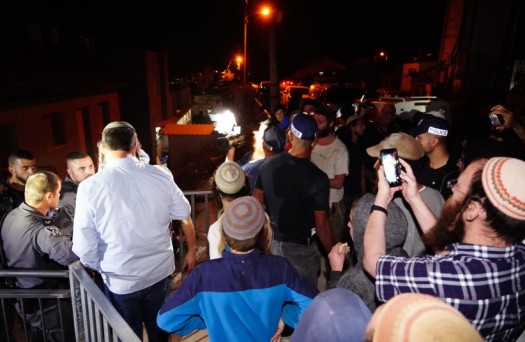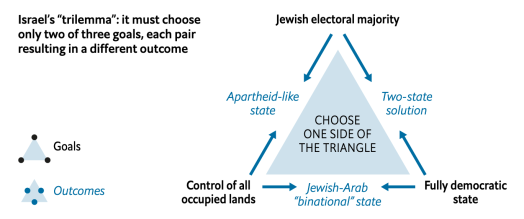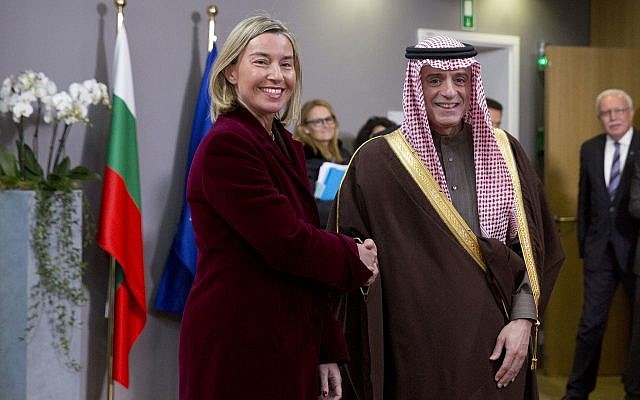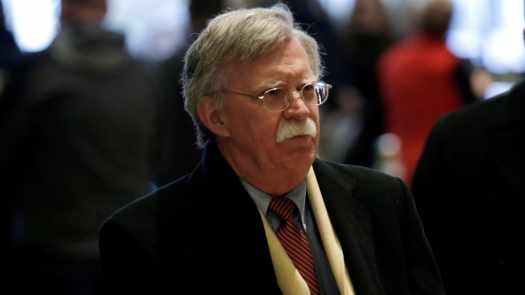
International law has determined that the West Bank is governed as a territory captured in war, which makes it defined as a “belligerent occupation.”
By Gershon Baskin | The Jerusalem Post | Nov 20, 2019
The continuation of the settlement enterprise is Israel’s clearest expression that it is not willing to make peace with the Palestinians in any kind of equitable fashion.
I have some news for US President Donald Trump, and he may not like it, but here it is: Donald Trump is not the point of reference regarding international law. No unilateral declaration of the president or secretary of state of the United States of America can legalize the illegal Israeli settlements in the West Bank. The Israeli settlements are not only illegal under international law, they have been and will continue to be one of the main obstacles to reaching a two-state solution to the Israeli-Palestinian conflict.
It should be no surprise to anyone, but since at least 1977, when the Likud first came to power, Israeli governments have consistently stated that one of the main purposes of the Israeli settlements in the West Bank, especially those in the heartland of the West Bank along the central mountain ridge, is to prevent the creation of a Palestinian state. From that perspective, the Israeli settlement enterprise has been extraordinarily successful.
Continue reading “Don’t legalize the illegal”










You must be logged in to post a comment.